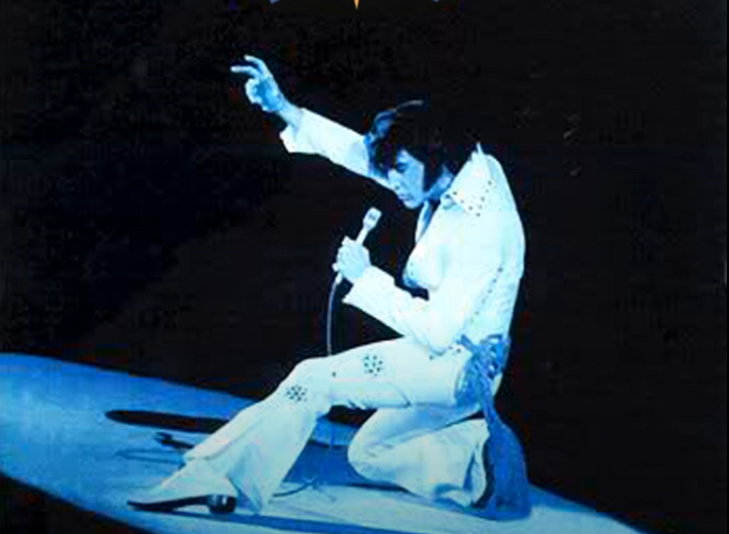"I'll Never Stand In Your Way" is one of Elvis Presley's lesser-known songs, but it holds a significant place in the early stages of his legendary career. Recorded in 1954, this ballad captures the essence of Elvis's early musical style, blending elements of country, blues, and gospel, which later became the hallmark of his sound. While it didn't achieve the same fame as his later hits, "I'll Never Stand In Your Way" is a testament to Elvis's evolving artistry and the beginning of his journey to becoming the King of Rock and Roll.
The Recording and Its Historical Context
"I'll Never Stand In Your Way" was recorded at the Memphis Recording Service, run by the legendary Sam Phillips, who founded Sun Records. Elvis, then an unknown singer, had just started working with Phillips. In January 1954, Elvis recorded this track along with "It Wouldn't Be the Same Without You" as part of his second private session for Sun Records. These sessions were crucial as they helped Phillips identify the young singer's potential and unique style.
The early 1950s were a time of great change in American music. The rigid barriers between musical genres were beginning to break down, and there was a growing appetite for new sounds that blended different traditions. Elvis, with his unique voice and ability to merge various musical influences, was perfectly positioned to capitalize on this trend.

Musical Style and Lyrics
"I'll Never Stand In Your Way" is a classic ballad that showcases Elvis's ability to convey deep emotion through his voice. The song's lyrics speak of unconditional love and selflessness, a theme that resonated with many listeners. The narrative revolves around the singer's willingness to let his loved one go if it means her happiness, encapsulating a poignant sentiment of love and sacrifice.
Musically, the song features a gentle, melodic arrangement typical of the early 1950s ballads. Elvis's vocal performance is tender and sincere, reflecting the influence of his early musical heroes such as Dean Martin and Bing Crosby. The simplicity of the arrangement highlights his vocal prowess, allowing the listener to appreciate the raw talent that would soon captivate the world.
Significance in Elvis's Career
While "I'll Never Stand In Your Way" did not become a major hit, it played a crucial role in Elvis's development as an artist. This recording session was part of the process that led to the discovery of Elvis's signature sound. Sam Phillips recognized the potential in Elvis's ability to fuse country, blues, and pop into something fresh and exciting.
The song also helped Elvis build his confidence as a performer. Recording in a professional studio environment allowed him to experiment and refine his vocal technique. These early sessions at Sun Records were pivotal, eventually leading to the breakthrough recording of "That's All Right" later in 1954, which catapulted Elvis to national fame.
Legacy and Impact

Although "I'll Never Stand In Your Way" is not as well-known as many of Elvis's other songs, it remains an important piece of his musical legacy. It provides a glimpse into the early stages of a career that would transform the landscape of popular music. The song is a reminder of Elvis's humble beginnings and the raw, unpolished talent that Sam Phillips saw in him.
For Elvis fans and music historians, this song is a treasure that showcases his early potential and the sincerity of his musical expression. It also highlights the importance of Sun Records and Sam Phillips in nurturing young talents and pushing the boundaries of contemporary music.
Conclusion
"I'll Never Stand In Your Way" is a poignant and significant song in Elvis Presley's discography. Recorded during the formative period of his career, it captures the essence of his early sound and his ability to convey deep emotion through music. While it may not have achieved the commercial success of his later works, its importance lies in its role in Elvis's artistic development and the beginning of his journey to stardom. This song is a testament to the enduring legacy of Elvis Presley and the timeless appeal of his music.



